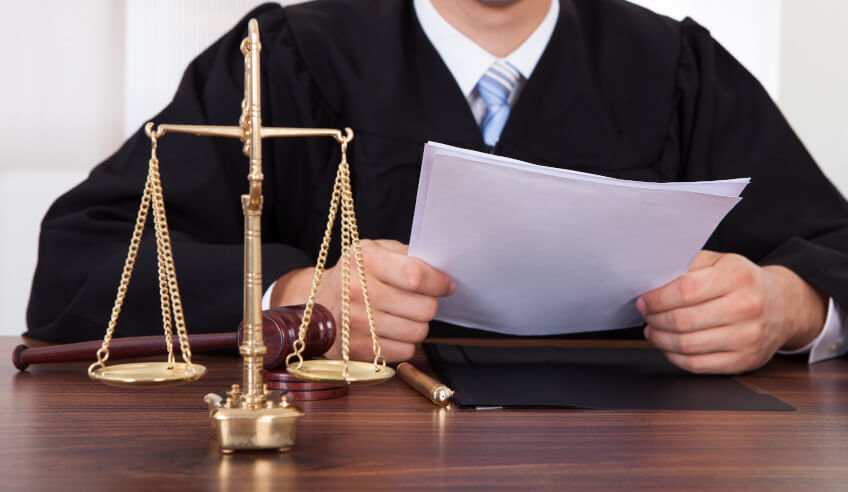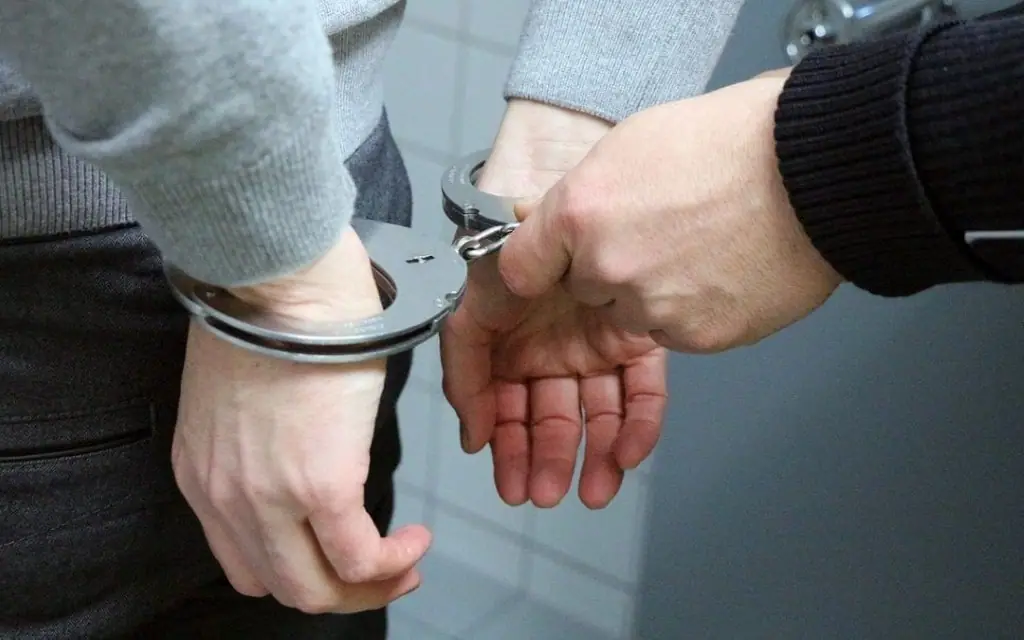In the realm of criminal justice, a trial serves as the ultimate arena for the determination of a defendant’s guilt or innocence. Within this legal spectacle, the judge assumes a critical role that goes beyond simply donning a robe and presiding over the courtroom. The judge’s responsibilities are multifaceted and pivotal to ensuring a fair and just trial. In this article, we will delve into the various facets of a judge’s role in a criminal trial, exploring their functions, decision-making processes, and the impact they have on the proceedings.
Understanding the Judge’s Role
In a criminal trial, the judge is tasked with the responsibility of upholding the law and ensuring that justice is served. Their role can be summarized into several key areas, each of which plays a significant part in the trial process:
1. Presiding Over the Courtroom
The judge’s primary role is to preside over the courtroom and maintain order during the trial. They are responsible for making sure that the proceedings are conducted fairly, that both the prosecution and defense have an opportunity to present their case, and that the rights of the accused are protected.
2. Applying the Law
One of the most critical functions of a judge is to interpret and apply the law. They must make legal rulings on matters such as admissibility of evidence, objections, and instructions to the jury. Judges ensure that the trial adheres to the applicable laws and regulations.
3. Making Evidentiary Decisions
Judges decide what evidence can be presented in court. They must weigh the relevance and admissibility of evidence, taking into consideration objections from both the prosecution and the defense. This is crucial in preventing the introduction of prejudicial or irrelevant information.
4. Instructing the Jury
The judge provides instructions to the jury about the law, the charges, and the legal standards they should apply when deliberating. These instructions are vital in ensuring that the jury reaches a fair and accurate verdict.
5. Ruling on Objections and Motions
Throughout the trial, various objections and motions are made by both sides. The judge must consider these objections and rule on them. For example, they decide if certain statements are admissible, if a line of questioning is relevant, or if a mistrial should be declared.
6. Sentencing
If a defendant is found guilty, the judge is responsible for determining the appropriate sentence. This involves considering factors such as the severity of the crime, any prior criminal record, and other relevant information to impose a just and lawful sentence.
Can a judge overrule a jury’s verdict?
In some cases, yes. A judge can overrule a jury’s verdict if they believe the verdict is not supported by the evidence or if there were errors in the trial process. However, this is a rare occurrence and is typically done with great caution.
Do judges have personal biases that can influence their decisions in a criminal trial?
Judges are expected to set aside personal biases and make decisions based on the law and the evidence presented in court. Ethical standards and judicial canons require impartiality and fairness.
What happens if a judge makes a mistake during a trial?
If a judge makes an error during a trial, it can be grounds for an appeal. Appellate courts review the trial record and may overturn a conviction or order a new trial if significant mistakes were made.
Do judges decide whether a case goes to trial in the first place?
In some cases, judges preside over preliminary hearings and decide if there is enough evidence for a case to proceed to trial. However, this is typically determined by prosecutors and defense attorneys.
Conclusion
The role of a judge in a criminal trial is of paramount importance. Judges are not mere spectators in the courtroom; they are the guardians of justice. They ensure that the proceedings are conducted fairly, in accordance with the law, and that the rights of all parties involved are protected. Their responsibilities extend from maintaining order to making crucial legal decisions, all with the overarching goal of upholding the principles of justice and ensuring that the accused receives a fair trial. Understanding the judge’s role is essential for anyone involved in the criminal justice system, as it underscores the fundamental principle that justice should be administered impartially and in accordance with the law.







